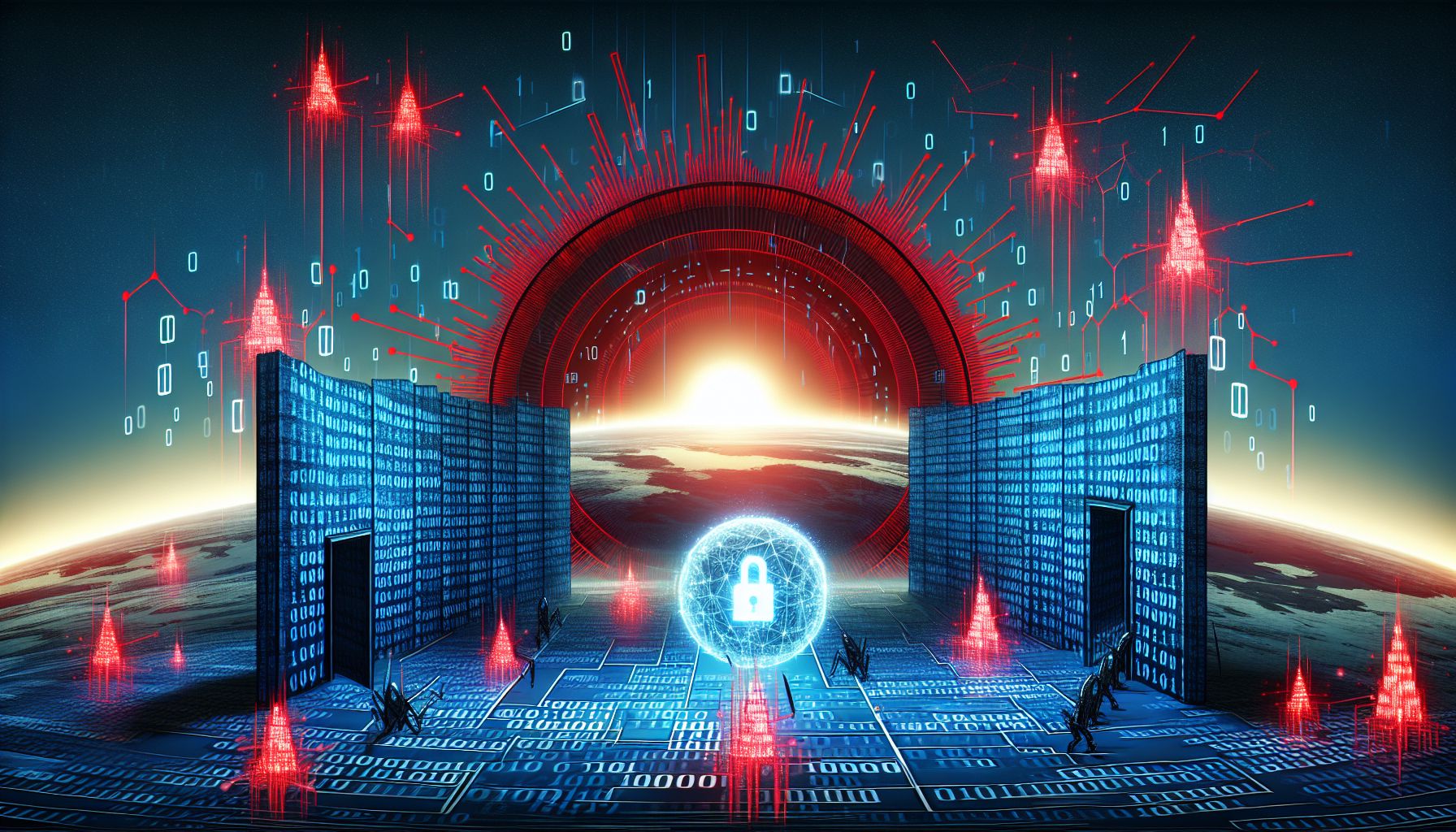As technology continues to advance and become more integrated into our daily lives, the importance of cyber security cannot be overstated. With the rise of cyber attacks and data breaches, it is more crucial than ever for individuals and businesses to prioritize their online security measures.
In this article, we will explore the basics of cyber security and provide tips on how you can protect your data in a digital world.
Introduction to Cyber Security
Cyber security is the practice of protecting systems, networks, and data from digital attacks. These attacks can come in many forms, including malware, phishing, ransomware, and more. The goal of cyber security is to prevent unauthorized access to data and ensure the confidentiality, integrity, and availability of information.
Why Cyber Security is Important
In today’s digital age, data has become one of the most valuable assets for individuals and businesses alike. From personal information like bank details and social security numbers to sensitive corporate data, the threat of cyber attacks looms large. A breach in security can result in financial loss, reputational damage, and even legal consequences.
By investing in cyber security measures, you can protect your data from falling into the wrong hands. This includes implementing firewalls, encryption, multi-factor authentication, and regularly updating software to patch vulnerabilities.
Tips for Improving Your Cyber Security
-
Strong Passwords: Use complex passwords that include a mix of letters, numbers, and special characters. Avoid using the same password for multiple accounts and consider using a password manager to securely store your login credentials.
-
Update Software: Regularly update your operating system, antivirus software, and applications to patch any security vulnerabilities that hackers could exploit.
-
Phishing Awareness: Be cautious of emails, messages, or websites that ask for sensitive information or prompt you to click on suspicious links. Phishing attacks are a common method used by cyber criminals to steal personal data.
-
Backup Your Data: Regularly backup your data to an external hard drive or cloud storage to prevent data loss in the event of a cyber attack.
-
Network Security: Secure your home or office network with a firewall and consider using a virtual private network (VPN) when connecting to public Wi-Fi.
Conclusion
In conclusion, cyber security is a crucial aspect of our digital lives that should not be taken lightly. By following the tips outlined in this article, you can protect your data and minimize the risk of falling victim to a cyber attack.
Remember, when it comes to cyber security, prevention is always better than cure. Stay vigilant, keep your systems up to date, and prioritize the safety of your data in an increasingly connected world.


